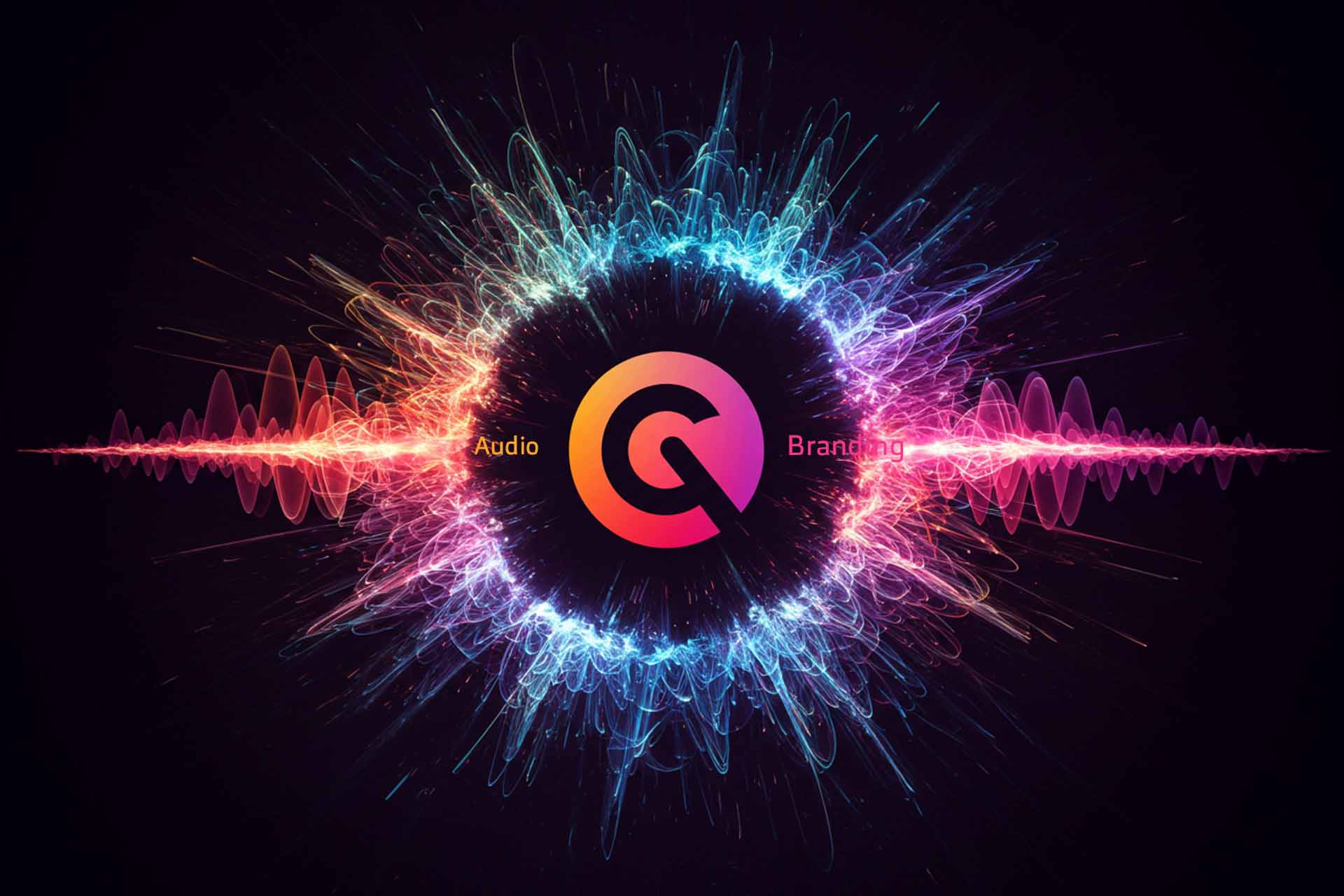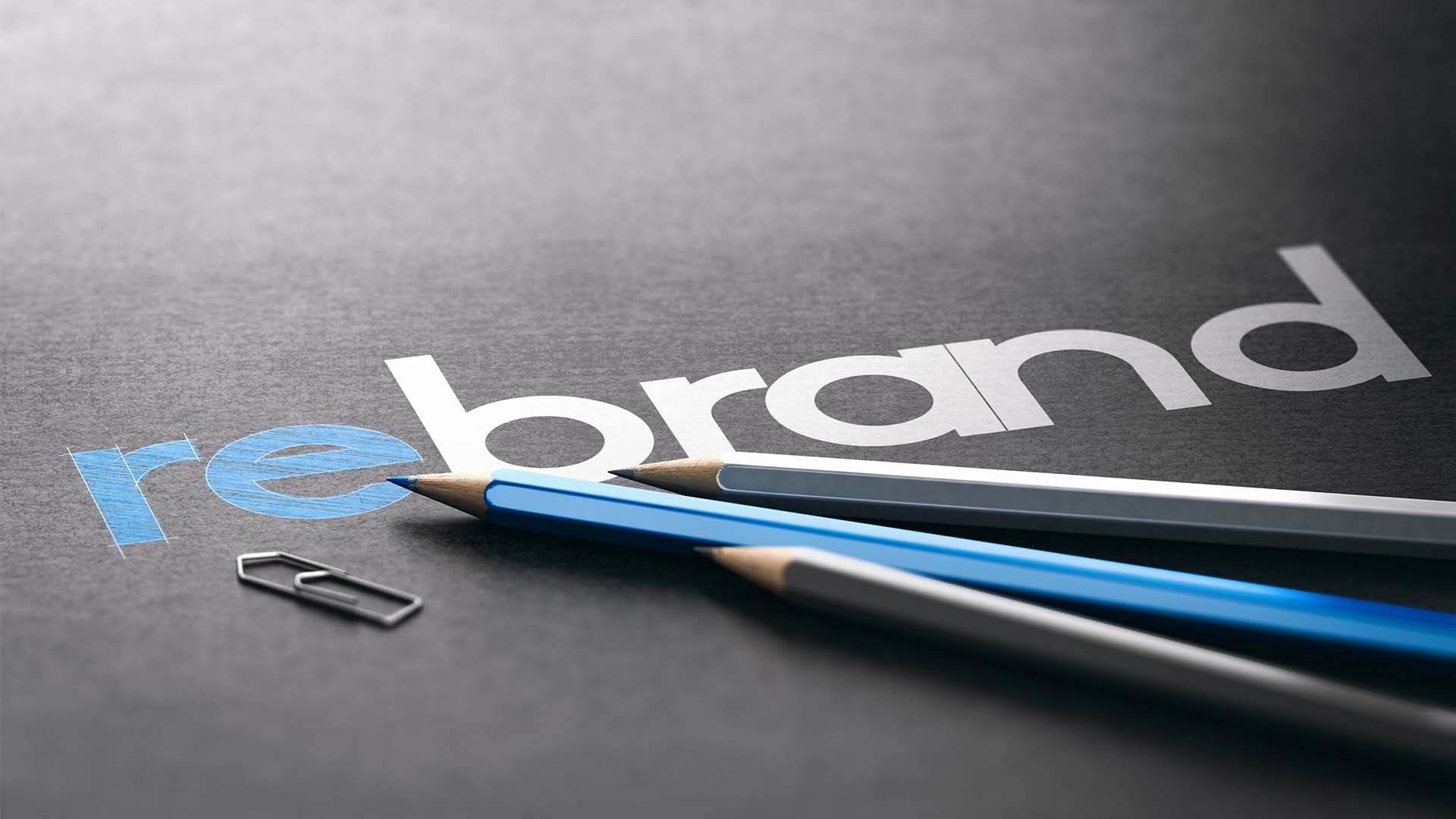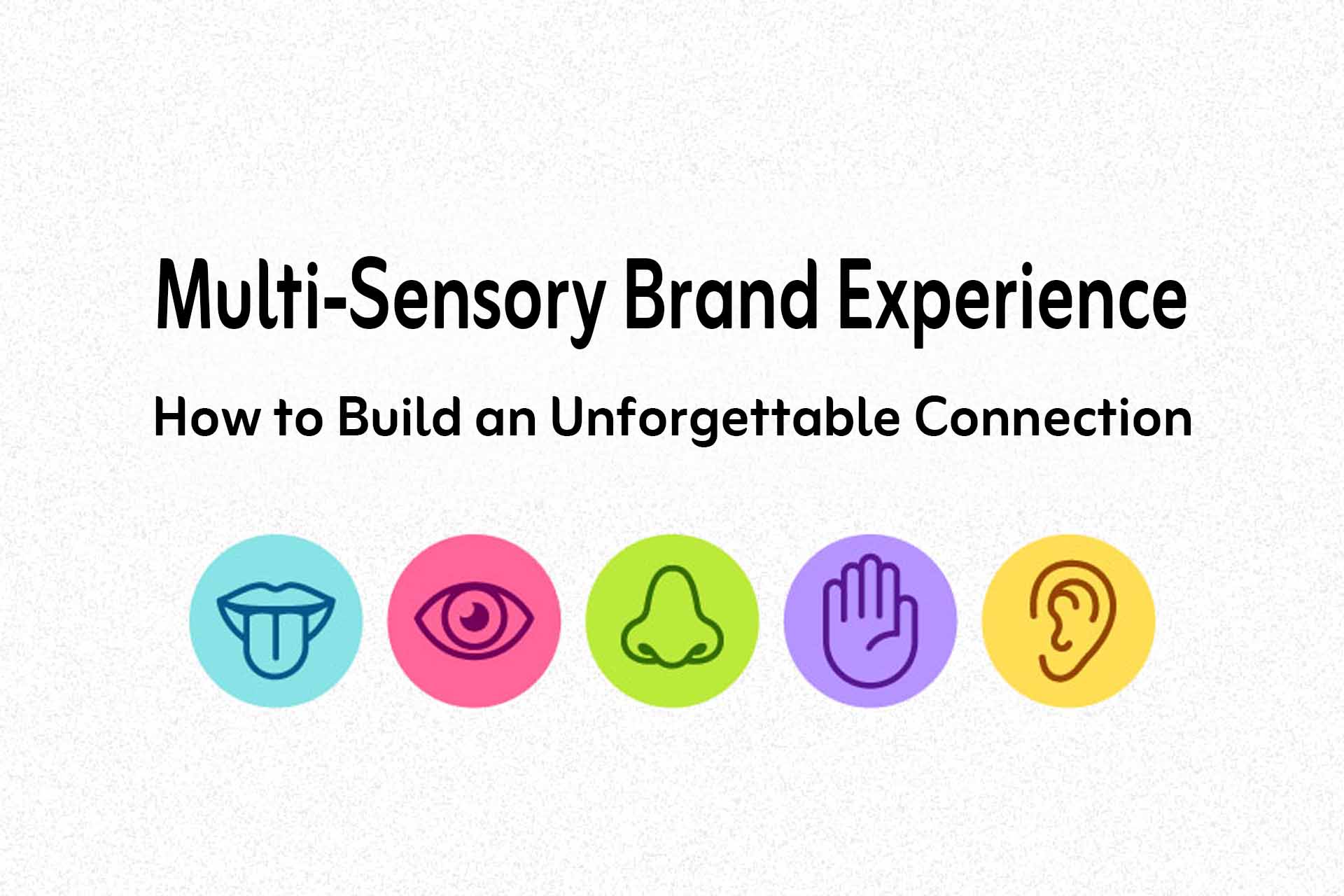
Audio Branding: How to Create a Unique Sonic Identity for Your Brand
When building a strong brand, most companies focus heavily on visual identity—logos, colors, typography. However, a powerful yet often underutilized tool lies in audio branding. A carefully crafted sonic identity creates a deeper emotional bond with audiences, leaving an indelible mark that visuals alone cannot achieve.
In this guide, you’ll learn how to design a memorable audio identity that resonates, influences, and elevates your brand’s presence in 2025 and beyond.
How to Craft a Unique Sonic Identity for Your Brand
Creating a signature sound involves several strategic phases:
1. Research and Strategy Phase
Understand Your Brand Essence
Before creating any sound, clearly define your brand’s core values—innovation, trust, fun, luxury, energy, calmness.
If your brand were a person, would it be friendly, trustworthy, trendy, classic, or bold?
Understanding your audience’s musical tastes and sound preferences is also crucial.
Finally, craft a core brand message that your sonic identity will convey.
Analyze the Audio Landscape
Study the sonic branding of your competitors. What types of music or sounds are they using?
Identify gaps to differentiate your brand.
Stay updated on 2025’s audio trends, such as adaptive soundscapes, dynamic voice marketing, and smart assistant integrations.
Set Clear Audio Branding Goals
Aim for instant brand recognition whenever your sound plays.
Let your sonic signature reflect your brand’s values authentically.
Decide what emotions you want to trigger—happiness, trust, excitement, serenity.
Design an unforgettable rhythm that stays in the listener’s mind even after the sound ends.
2. Audio Elements Phase
The Sonic Logo
Create a short, catchy jingle between 2–5 seconds.
Example: Remember Nokia’s iconic startup tune?
Ensure it pairs seamlessly with your visual logo and fits all platforms—TV ads, mobile apps, voice assistants.
The Music
Select a music style aligned with your brand’s persona and audience preference—pop, classical, electronic, or ambient.
Compose a library of branded tracks consistent in style and tone for use across videos, podcasts, social media, and events.
The Voice
If your brand uses voiceovers (ads, virtual assistants), choose a voice matching your brand character—friendly, authoritative, youthful, calm.
Define the tone of speech: clear, energetic, soothing?
Use unique sound effects to enhance apps, websites, and commercials.
Think about how customers will interact with your brand through sound across every touchpoint.
3. Execution and Rollout Phase
Integrate your sonic logo and branded music into all marketing materials, customer touchpoints, and advertising campaigns.
Document all elements of your audio identity in a comprehensive brand guideline to ensure consistency across internal teams and external agencies.
Train your marketing and content teams on the importance of using your sonic branding effectively.
4. Measurement and Optimization Phase
Use analytics tools to track how well your audience remembers your sonic logo and how it influences brand perception.
Conduct surveys to assess whether your audio branding reflects your intended brand values and personality.
Refine and evolve your sonic identity based on feedback and data insights to keep it relevant and impactful year after year.
Conclusion
In today’s increasingly audio-driven world, audio branding is not a luxury—it’s a necessity for brands seeking deeper emotional connections with their audiences. A well-crafted sonic identity can differentiate your brand, boost recall, and create lasting impressions across every platform.
At Loop Media, we specialize in building powerful sonic brands that capture hearts and ears. If you’re ready to craft your unique sound signature, our customer service team is always ready to assist.
- 📞 (+966) 53 692 8397
- 📧 Support@loop-media.co
- Visit our Contact Us page.
This article is available in Arabic. You can read the Arabic version [here].
FAQs About Audio Branding
What is audio branding?
Audio branding is the strategic use of sound to reinforce brand identity and create emotional connections with audiences.
Why is a sonic logo important for my brand?
A sonic logo helps audiences recognize your brand instantly and strengthens emotional recall more effectively than visuals alone.
How do I choose the right music for my brand?
Pick a music style that matches your brand’s character and resonates with your target audience’s preferences.
Can audio branding be used across all marketing channels?
Absolutely! From commercials to apps and voice assistants, a consistent sonic identity enhances every customer interaction.
 العربية
العربية


